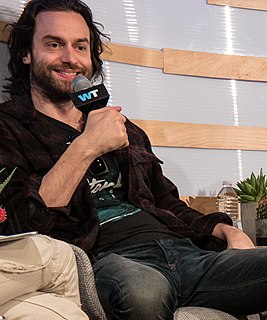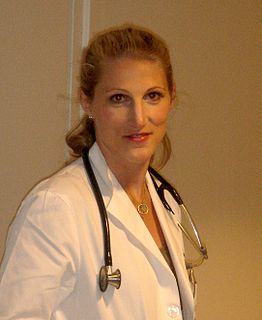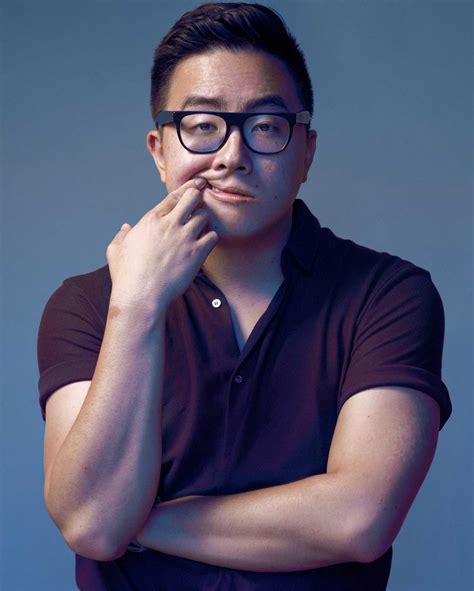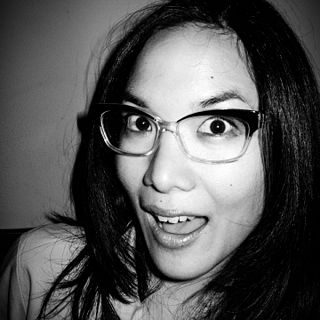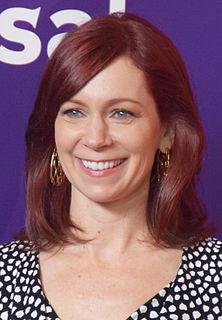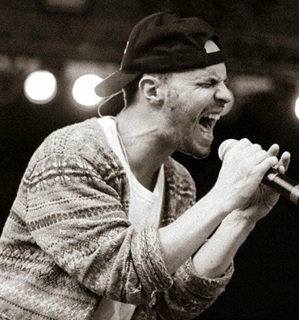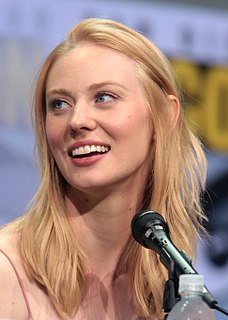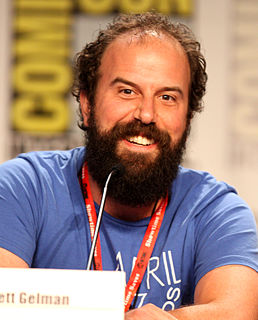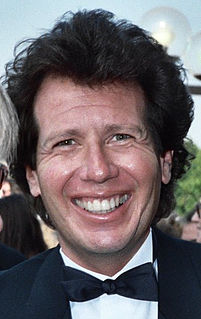A Quote by Chris D'Elia
I definitely am a performer, and there are different styles of stand-up; I mean, some people are writers and they get onstage to get jokes out, and that's definitely not what I do. I like to just go up and, if I'm telling a story about someone, I'll play his or her part.
Related Quotes
The difference when I'm writing a story versus writing a joke is that writing a joke is so much more about the structure and it's less about the conversation. To me, the thing that I love about stand-up is the intimacy between performer and audience.To get it even more conversational was something that really appealed to me and that I really enjoyed doing. My early experiments with it, with just telling a story from my life on stage, it was so satisfying to do. And seemingly for the audience as well. It's a different thing, and it's a different feeling and a different vibe.
If I want to see someone, I want to see them, and if I don't, then I don't. My friends are always telling me I have to play hard to get because I'll pretty much say to a guy, 'I like you - let's go hang out.' But my friends are like, 'You can't do that! You have to string this guy along.' And I'm just like, 'No! I won't! I just want to go on the date!' It's a nightmare - I definitely haven't figured it out yet.
A lot of times, in film and TV, they just want you to play yourself. But, when you're someone who's more of a character actor, you get to experience what it feels like to play a bunch of different kinds of people. I find it more invigorating than challenging. I definitely trust the writers to give me the material that I will take and turn into the person that I'm playing.
Usually the beginning of a story that people hear a lot. For example, "My girlfriend is upset about her new haircut" or "My dad keeps losing his car keys." And then I just think of different ways the story could end. "My girlfriend is upset about her new haircut. I don't understand why she's crying. I'm the one who has to get a new girlfriend." Then I try it out on stage. I don't do a lot of re-writing. My jokes either work or they don't. The trick is just to write a ton of jokes.
As an actor, you never really set out to be a stand-out character. You just want to do justice to the story and enjoy playing it, and find all the different nooks and crannies of who someone is. For each part that you get, they're all special and you just try to give everything you can to each one. I don't know whether they're going to be stand out in that way or not factors into my work. They all stand out for me.
Like, your body has to get used to being in front of people. Like - and you have to be like - you have to be kind of a ham, you know? Like, the thing about writers is they're generally self - comedy writers - self-loathing, sort of play small. And as a, like, performer, you have to think like a comedy writer but act like a performer.
